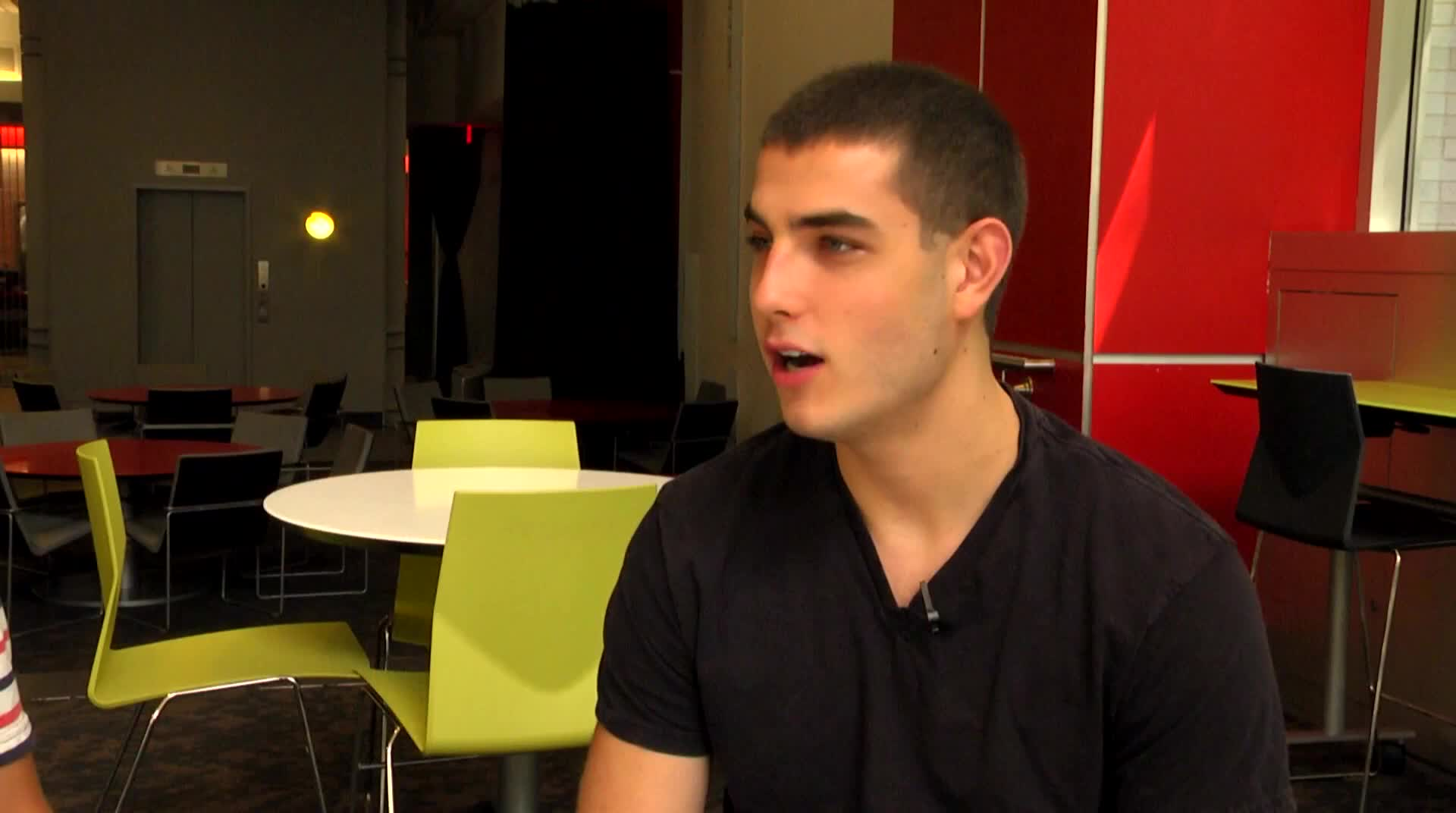
Introduction
As educators, it’s important to teach our students the value of using a filter when communicating with others. Using a filter means thinking about what you’re going to say before you say it, especially when it comes to thoughts that may hurt someone’s feelings. By learning to filter their thoughts, students can prevent making others feel bad and improve their social interactions. This blog post will guide you through an easy, no-prep activity to help students understand the concept of using a filter, followed by discussion questions and related skills.
No-Prep Activity
This no-prep activity helps students understand the importance of using a filter in their everyday conversations. Here’s how it works:
- Divide your students into pairs or small groups.
- Ask one student in each group to think of a situation where someone might need to use a filter. This could be a real-life scenario or a hypothetical one.
- Have the student share the scenario with their partner or group. The other students should listen carefully and identify the moment when using a filter would have been beneficial.
- After identifying the moment, the group should discuss alternative ways to respond in the scenario, using a filter to prevent hurting someone’s feelings.
By practicing this activity, students will become more aware of their thoughts and the impact they can have on others. They will also learn to think before they speak and consider the feelings of those around them.
Discussion Questions
After completing the no-prep activity, engage your students in a discussion about using a filter. Here are some questions to guide the conversation:
- Why is it important to think before we speak?
- Can you think of a time when you or someone you know didn’t use a filter and it hurt someone’s feelings? How could the situation have been handled differently?
- What strategies can you use to help you remember to use a filter in your everyday conversations?
- How can using a filter improve our relationships with others?
- What are some challenges you might face when trying to use a filter, and how can you overcome them?
Related Skills
Beyond using a filter, there are several other social-emotional learning skills that can benefit students in their interactions with others. Some of these skills include:
- Active listening: Paying close attention to what others are saying and responding appropriately.
- Empathy: Understanding and sharing the feelings of others, which can help students be more mindful of their words.
- Assertiveness: Expressing thoughts and feelings in a respectful and confident manner without being aggressive or passive.
- Conflict resolution: Addressing disagreements in a constructive way, while considering the feelings of all parties involved.
Next Steps
Teaching students to use a filter is just one aspect of helping them develop strong social-emotional skills. If you’re interested in exploring more resources and activities to support your students’ growth in this area, sign up for free samples from Everyday Speech. You’ll find a variety of materials designed to help students learn and practice essential social-emotional skills, tailored to their unique needs.

